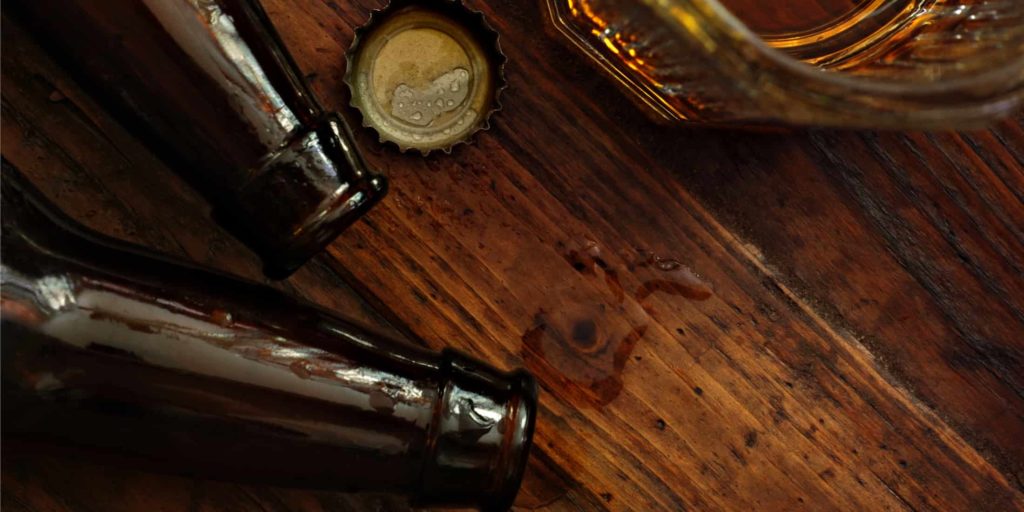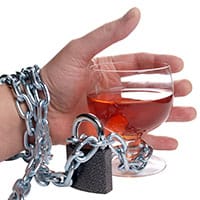People who drink excessive amounts of alcohol can develop the symptoms of psychosis (hallucinations and/or delusional thinking) while intoxicated or in a state of withdrawal. They can also develop a distinct condition called alcohol-induced psychotic disorder or alcohol-induced psychotic syndrome (AIPS). The development of AIPS is a very serious occurrence that can lead to poor treatment outcomes and a significantly increased chance of dying prematurely. Fortunately, you can potentially recover from alcohol-induced psychosis with the help of antipsychotic medication.
How Can Drinking Lead to Psychosis?
Psychosis is considered an extremely dysfunctional mental state. It has several potential alcohol-related underlying factors or causes. Prominent examples include:
- The long-term brain effects of alcoholism
- The brain’s response to early- or late-stage alcohol withdrawal
- The presence of alcoholism in combination with a mental health condition capable of producing psychosis
- The presence of a vitamin B1 (thiamine) deficiency
- The co-existence of other forms of substance abuse, and
- Lack of adequate mental health resources for a heavy drinker
Major Concerns Regarding Alcohol-Induced Psychosis
The American Psychiatric Association recognizes AIPS as a form of mental illness separate from alcohol abuse or alcoholism. Studies indicate that about 4% of people with diagnosable alcohol problems will develop this condition. Compared to individuals only affected by alcohol abuse/alcoholism, individuals with AIPS have higher risks for a range of serious health problems, including alcohol-related liver damage, broken bones, head injuries and gastritis (stomach lining inflammation). The presence of the condition can also increase your chances of receiving a primary diagnosis for a separate psychotic illness such as schizophrenia or schizophreniform disorder. In addition, the presence of AIPS can significantly increase your chances of dying from heart disease, accidents or suicide.
Treatment Options
Antipsychotic medications are widely used to treat all forms of psychosis. These medications don’t cure psychotic symptoms, but help keep such symptoms under control so you can stay active in daily life. There are two classes of antipsychotic drugs: typical antipsychotics and atypical antipsychotics. Atypical medications, such as risperidone and quetiapine, tend to produce fewer negative side effects than typical medications, such as haloperidol or chlorpromazine. It is possible to recover from alcohol-induced psychosis, especially if you don’t meet the criteria for an official AIPS diagnosis. However, researchers now believe that AIPS itself is tougher to treat than once commonly thought. Your potential for improvement depends largely on your ability to bring your drinking to a halt and establish a long-term pattern of sobriety. Resources The British Journal of Psychiatry: Alcohol-Induced Psychotic Disorder and Delirium in the General Population https://bjp.rcpsych.org/content/197/3/200 Medscape: Alcohol-Related Psychosis Clinical Presentation – Causes https://emedicine.medscape.com/article/289848-clinical#b5Metabolic Brain Disease: Alcohol-Induced Psychotic Disorder – A Review https://link.springer.com/article/10.1007%2Fs11011-013-9457-4 National Institute of Mental Health: Mental Health Medications https://www.nimh.nih.gov/health/topics/mental-health-medications/index.shtml#part_149866




